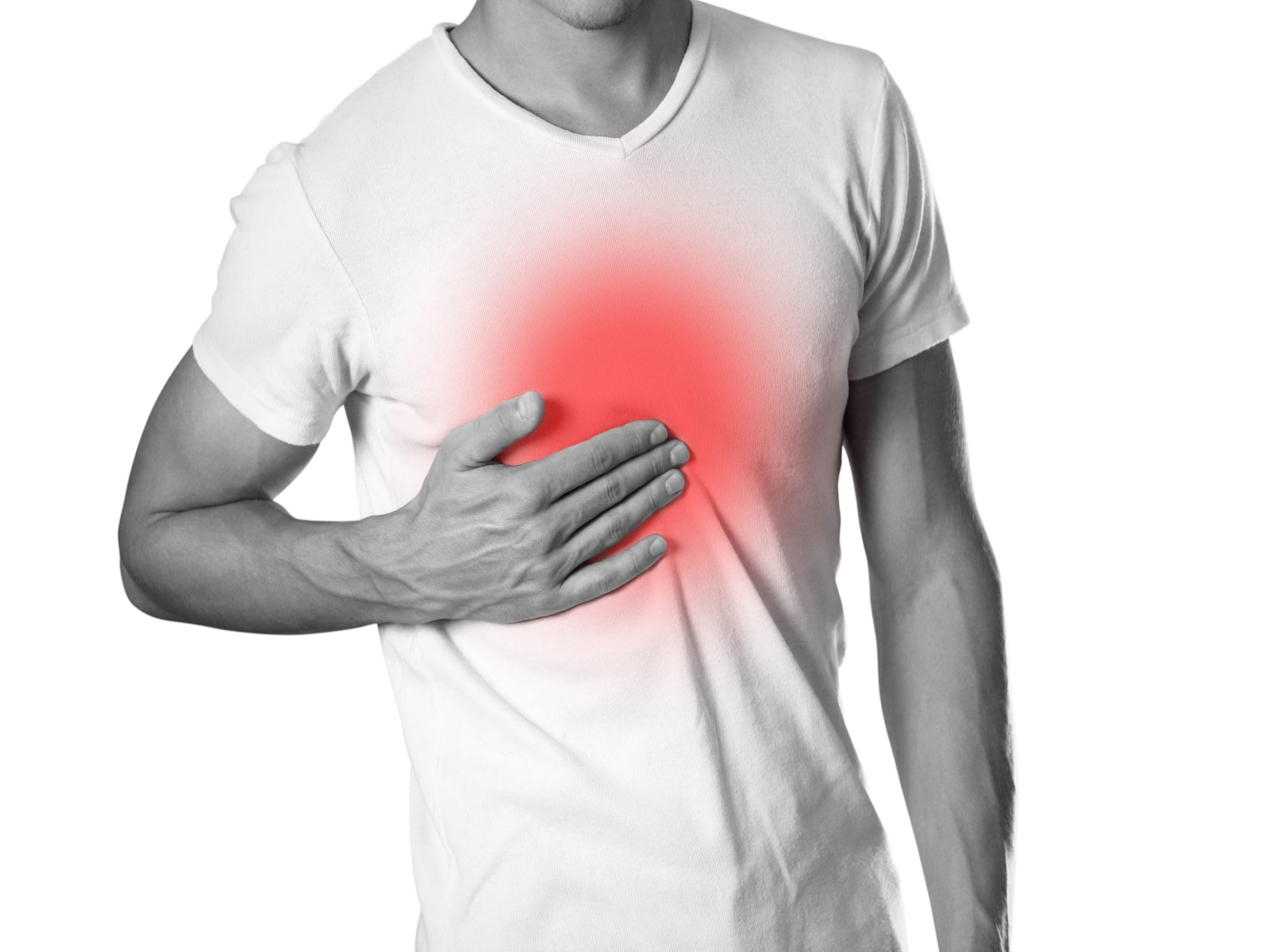Our Blog
5 Common Signs of G.E.R.D.

Have you ever heard of acid reflux? GERD or gastroesophageal reflux disease is a moderate and more persistent form of reflux that can occur at least once or twice a week. This means that when you ingest food, some stomach acid rises up the esophagus, which can cause heartburn and other symptoms. This happens because the sphincter at the lower end of the esophagus is relaxed and not working as it should. With some simple changes, GERD is a manageable condition that about 20% of Americans live with.
Causes
Lifestyle habits can influence your body’s reactivity to food and drinks. Common causes of GERD include:
Being overweight
Carrying extra pounds increases pressure on your abdomen. The extra fat around the belly squeezes the stomach which causes fluid to backwash into the esophagus.
Pregnancy
When a woman is pregnant, the hormones in the body can make the valve at the entrance to the stomach relax, so it will not close normally.
Smoking
When a person smokes nicotine products, either in cigarettes or in vape pens, it causes the muscles in the entire body to relax. Including the sphincter.
Medications
Some prescription medicines can make this reflux condition worse. This may include, but is not limited to- benzodiazepines (sedative), calcium channel blockers (to control blood pressure), certain asthma medications, NSAIDs (nonsteroidal anti-inflammatory drugs), and tricyclic antidepressants.
Signs You May Have GERD
Below are some signs to watch for:
Heartburn Or Chest Pain
Sometimes heartburn can cause chest pain and it can feel like you’re having a heart attack. It’s important to differentiate the symptoms between each. Heartburn is an uncomfortable burning sensation you feel in your chest
and sometimes in your neck and throat. Heart attacks cause pain in the arms, neck, jaw, cause shortness of breath, sweating, nausea, dizziness, extreme fatigue and more. If your typical protocol for heartburn doesn’t help, then seek medical attention right away.
Regurgitation
This is a symptom in which ingested food returns back the way it came and has to be swallowed again. Many patients complain about this and there are factors that can increase the frequency of the occurrence. For instance, eating large meals, exercising or bending over soon after eating can induce regurgitation. There are two conditions which are often confused with GERD. The first being achalasia, which is when retained food and fluid reside in the esophagus and are regurgitated from the esophagus and not the stomach. The other is rumination. This is a condition in which an individual subconsciously causes gastric content to come back up the esophagus and swallow it as a result.
Coughing
An idea about why patients with GERD develop a chronic cough is called the reflux theory. This means that as the ingested food rises up the esophagus it causes microaspiration as small droplets and triggers a cough to protect and clear the airway.
Difficulty Swallowing
Dysphagia or having a difficult time swallowing can occur occasionally or regularly. Chronic reflux can create scar tissue in your esophagus and make it more narrow. This can make it tough to consume foods and more difficult to consume foods that are triggers of reflux, such as tomato-based products, citrus, fried foods, alcohol, and caffeine to name a few.
Vomiting
The frequent backwash of stomach bile and food from the stomach can create a sour taste in the mouth. The taste alone could cause nausea or the combination of the taste and the regurgitation of food could do the trick. For a quick fix, try chewing gum to soothe this symptom.
If you, or someone you know in Mobile or Baldwin Counties, Alabama might have GERD, contact the experts at The Gut Authority to start living your best life today!




